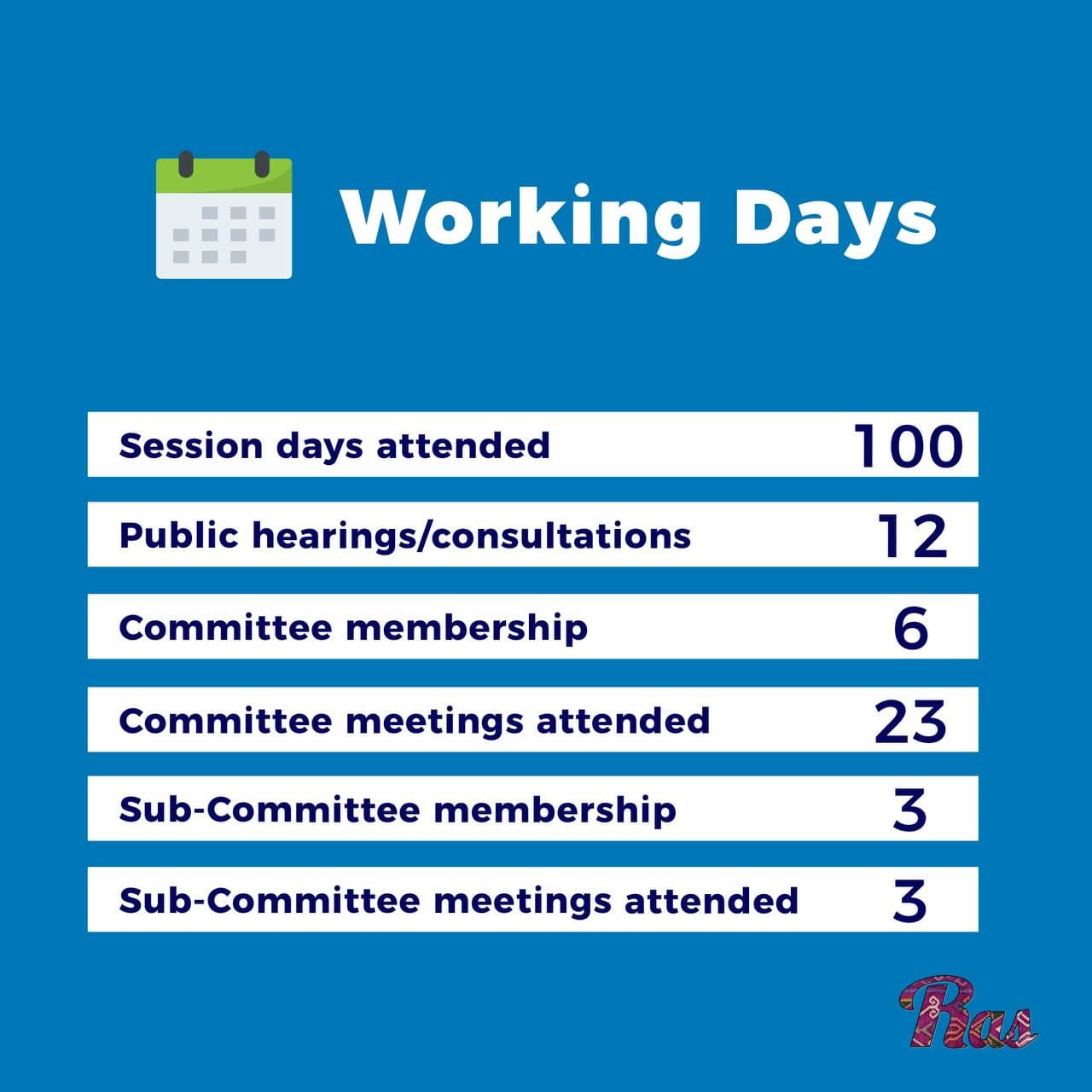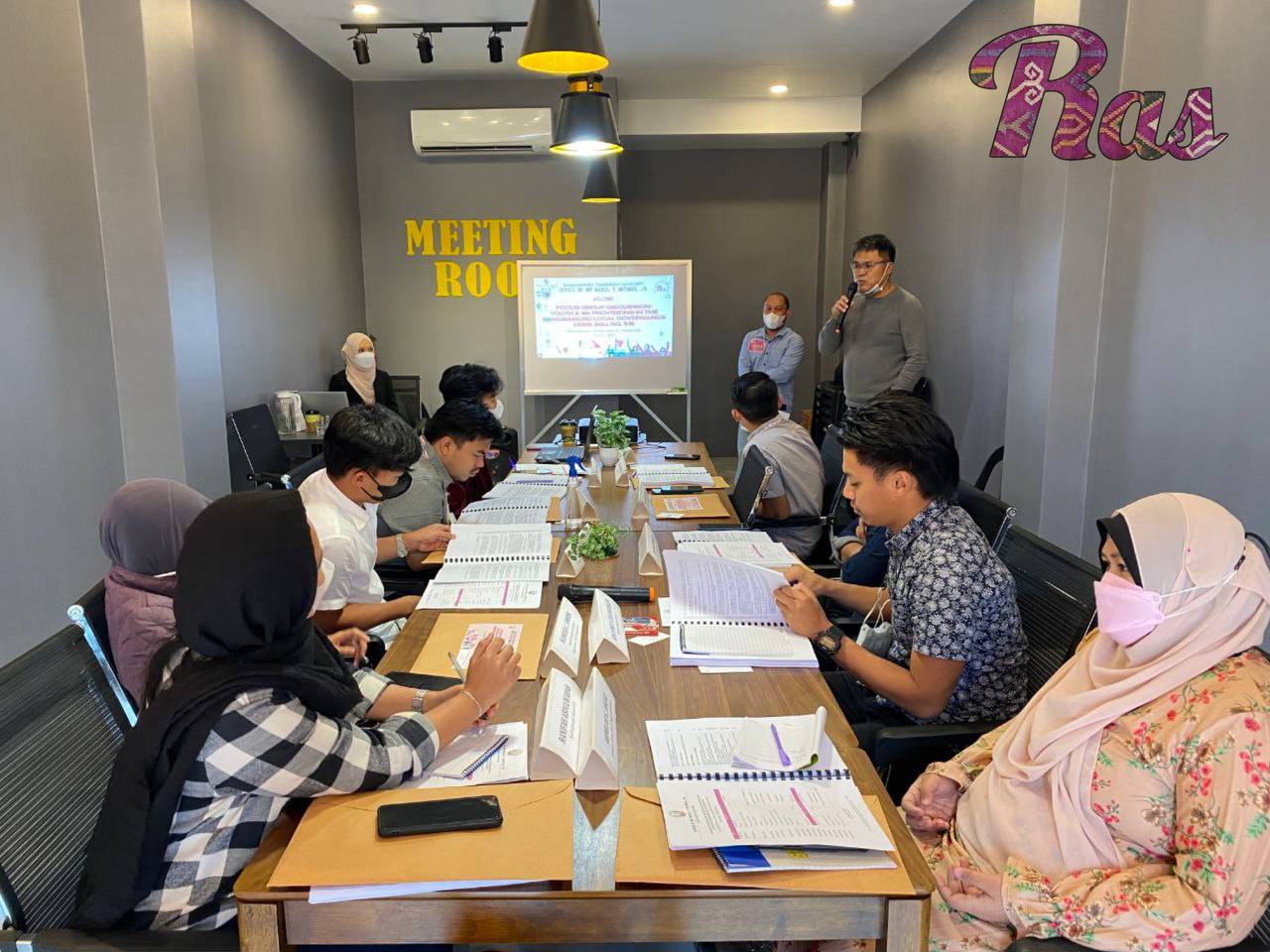
MARAWI CITY – In line with the Bangsamoro Parliament Program, the District Office of Deputy Minority Floor Leader Atty. Rasol Y. Mitmug, Jr. conducted a focus group discussion on BTA Bill No. 58, otherwise known as the Bangsamoro Local Governance Code last March 1, 2022, (Rajab 28, 1443 AH) at Infinitea, Awar St. Marawi City, Lanao del Sur.
While the first consultation dealt in general with the entire BLGC, this focus group discussion focused on the youth and Sangguniang Kabataan (SK) provisions of the bill.
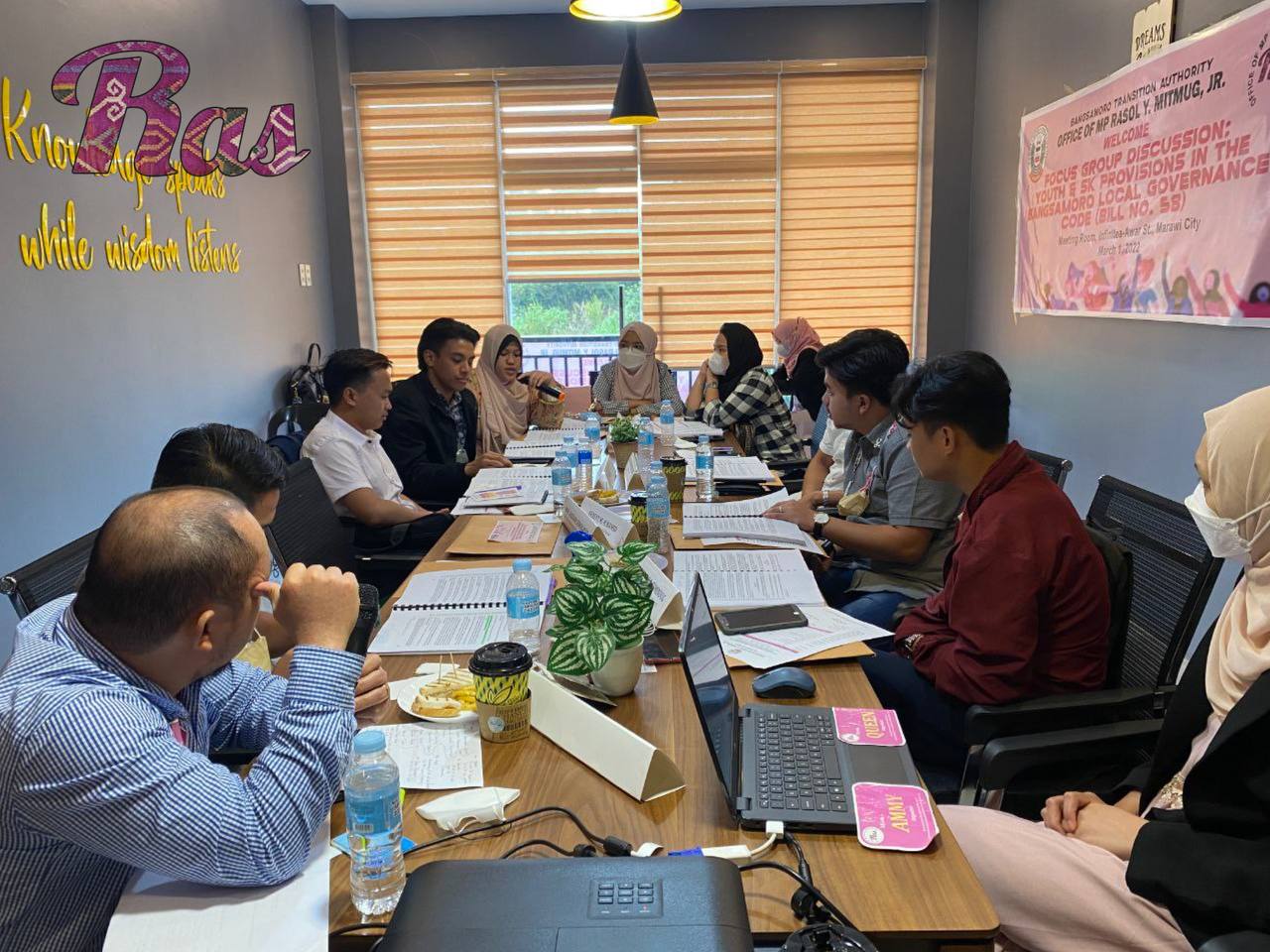
Bin Jamel S. Dilawangun, a member of the Ranaw Youth Council, questioned the inclusion of educational attainment as qualifications for the local candidates, “What will happen to the youth who choose to go to madrasah, instead of going to (formal) school? Hindi po sila pweding ma-elect as SK Chairman or member kahit na sila ay qualified because of the qualification na dapat po ay at least Elementary or Senior High School graduate? Ang sa akin lang po is that, dapat po ay ayusin natin ang mga terminologies po na gagamitin natin para po hindi sila ma-discriminate given the fact na ang pinaglalaban natin ay Bangsamoro as a whole.”
This was in reference to Section 39 of the draft BLGC which states: “(a). – An elective local official must be a citizen of the Philippines; a registered voter in the barangay, municipality, city, or province or, in the case of a member of the Sangguniang Panlalawigan, Sangguniang Panlungsod, or Sanggunian Bayan, the district where he intends to be elected; a resident therein for at least one (1) year immediately preceding the day of the election; and at least in the college level for provincial, city, and municipal officials, at least in the junior high school level for barangay officials and the Sangguniang Kabataan chairman, and at least in the elementary level for Sangguniang Kabataan members.”
In its presentation on the salient provisions of the Code, the Bangsamoro Transition Authority’s Committee on Local Government explains, “This is rather a radical attempt that may be subject to constitutional challenges. However, since Sec. 2, Article X of the Constitution allows the Congress to enact a LGC which shall provide for, among others, the qualification, etc. of local officials, then we deemed it an opportunity, in the advent of the OLBARMM, mandating the Bangsamoro Government to create its own BLGC, to include a qualification on the educational attainment of elective local officials.”
The resource persons actively participated and contributed their ideas, suggestions and recommendations to the said code during the discussion, anchored on the relevant general laws and the actual experiences of the youth sector. MP Ras Mitmug delivered his welcome address via recorded message and likewise thanked the participants for their time and dedication.

Other youth representatives in the FGD included: Jamal R. Pandapatan (President of Youth ACTS), Amenoding B. Tomindug (member of the Ranaw Youth Parliament), Namera C. Ambor (Youth Development Officer, Bangsamoro Youth Commission), Hanifah Abdulwahab (youth advocate and registered social worker), Hayyan Dumaraya (Youth focal person of the United Bangsamoro Justice Party), Ahmilah G. Angad (member of the Ranao Youth Tanggol Kalikasan), Arafat M. H.Hamid (President of Saguisag A Ranaw ), and Yassin Hadji Basher (Barangay Kagawad of Bacolod II, Lumba-Bayabao).



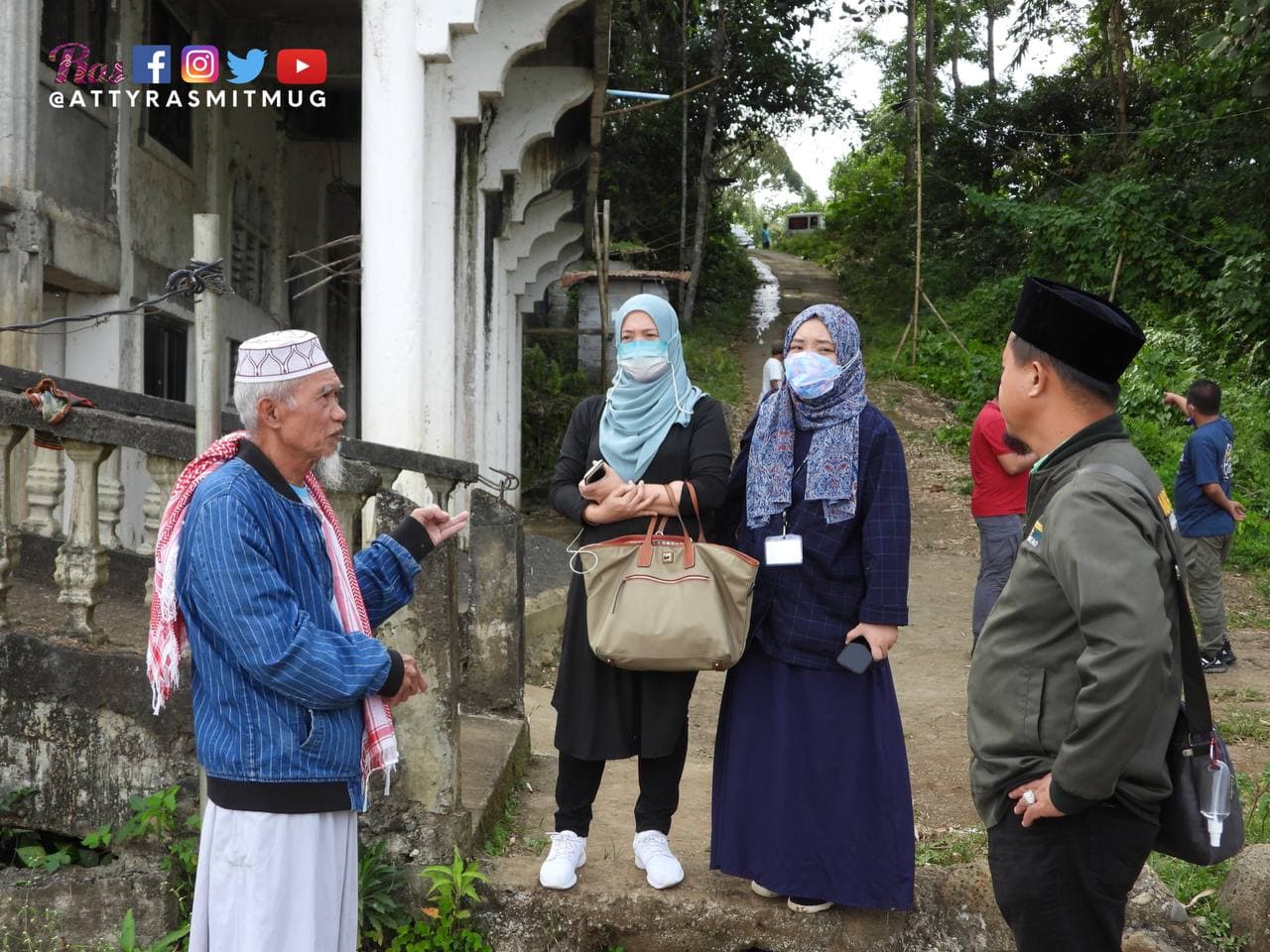
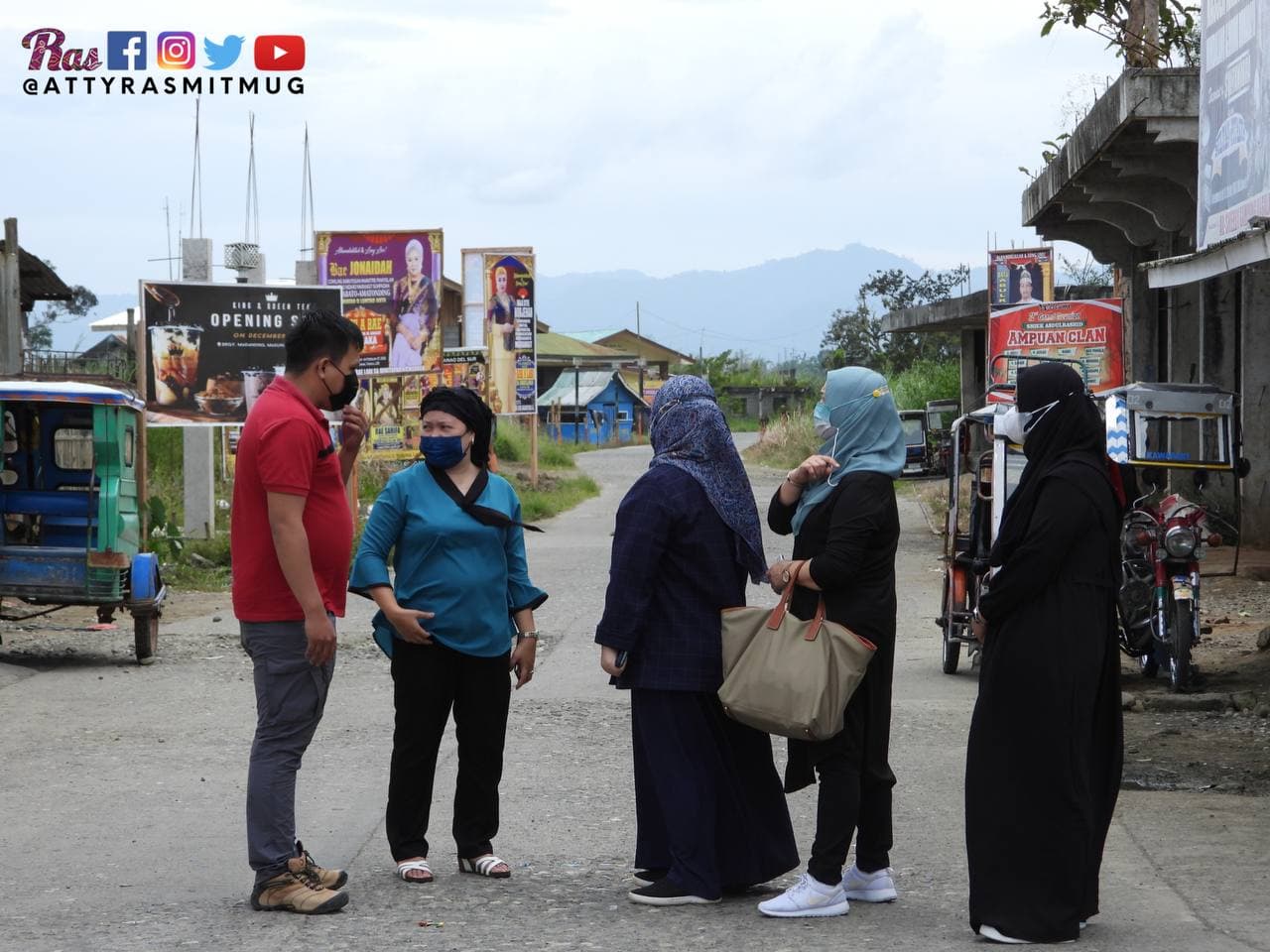
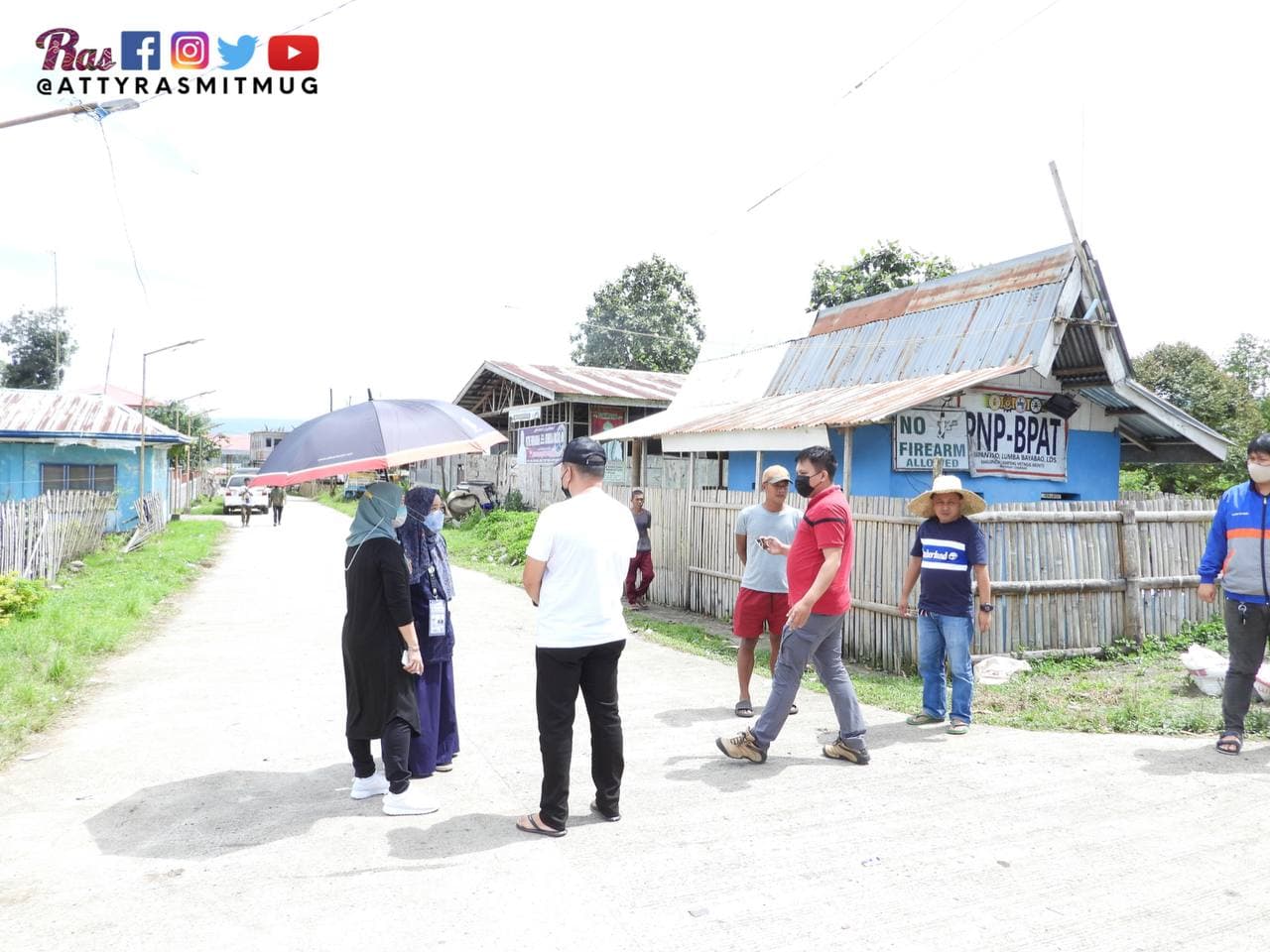
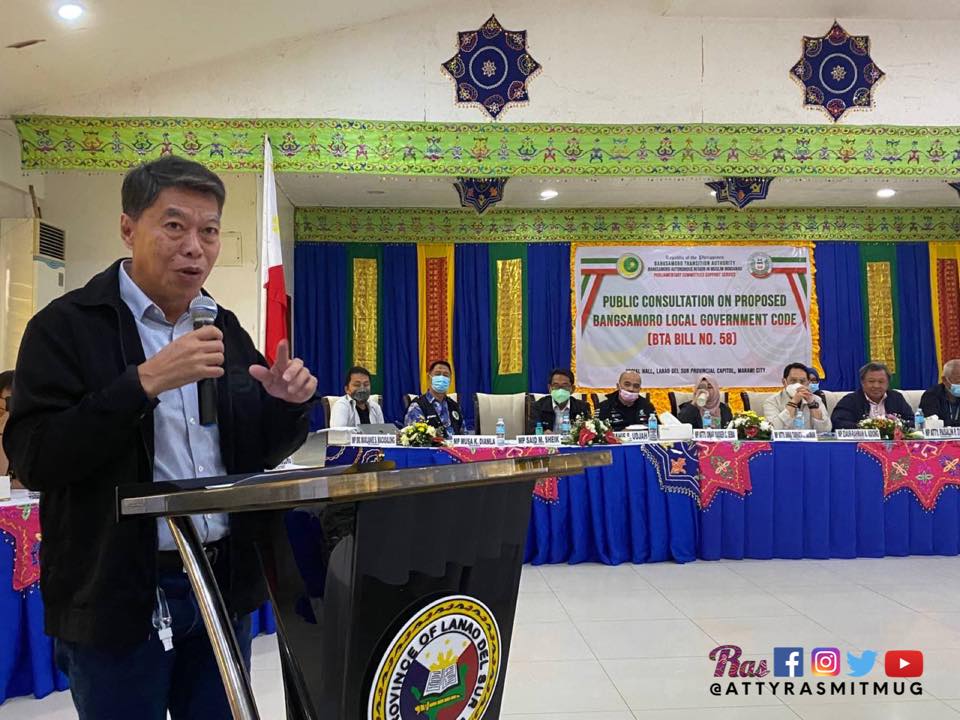
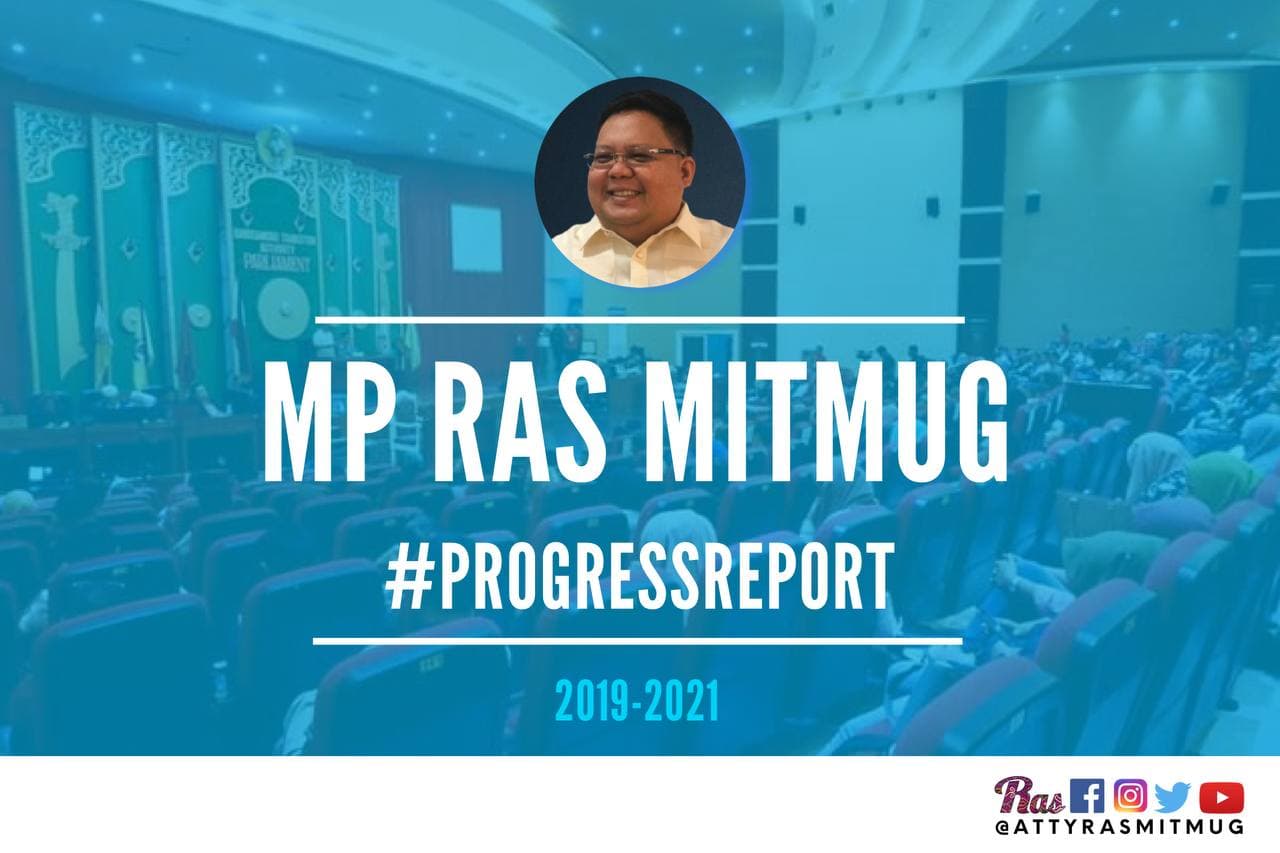 As 2022 approaches, it is worth taking a few minutes to look back and highlight the major accomplishments and achievements of the Office of MP Mitmug Jr. in its effort to fulfill its mandate and commitment to the Bangsamoro as Member of the Parliament.
As 2022 approaches, it is worth taking a few minutes to look back and highlight the major accomplishments and achievements of the Office of MP Mitmug Jr. in its effort to fulfill its mandate and commitment to the Bangsamoro as Member of the Parliament.